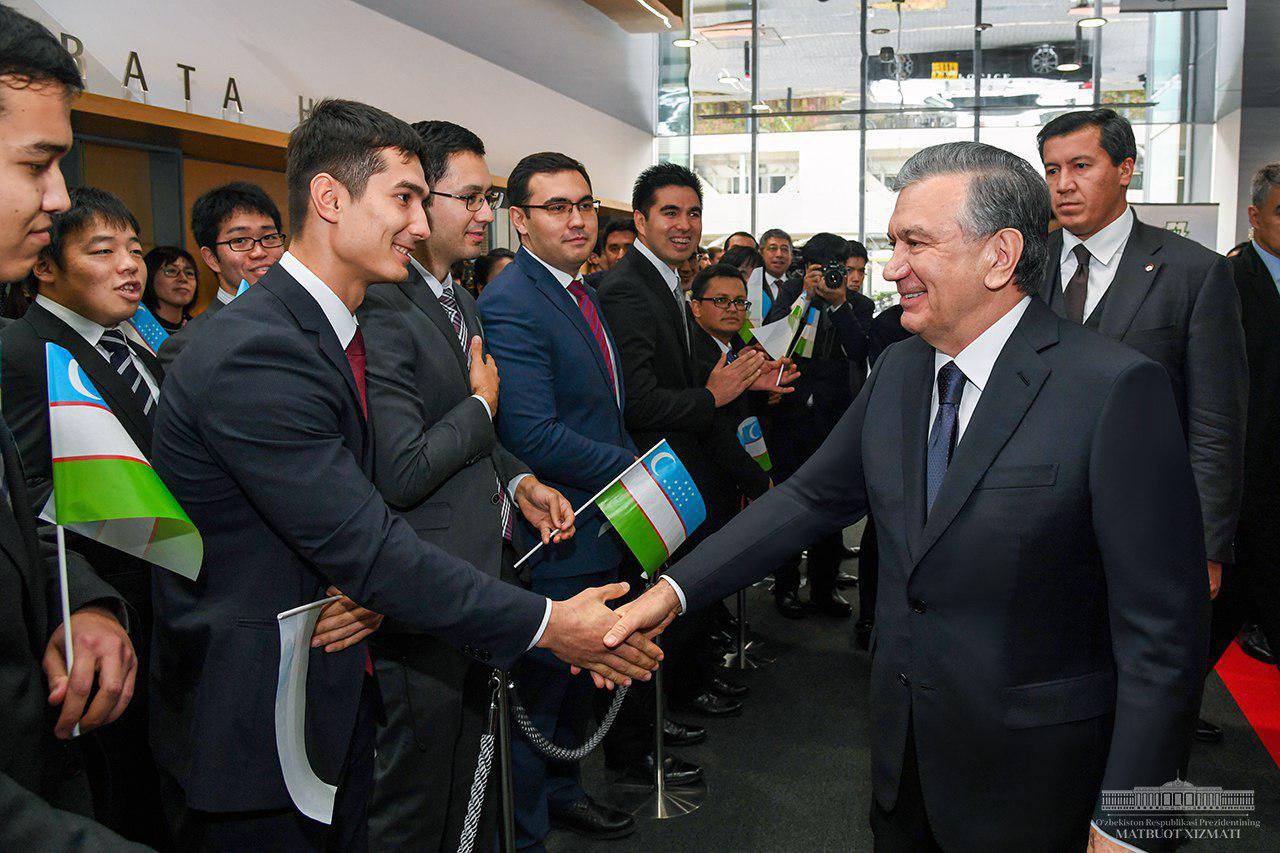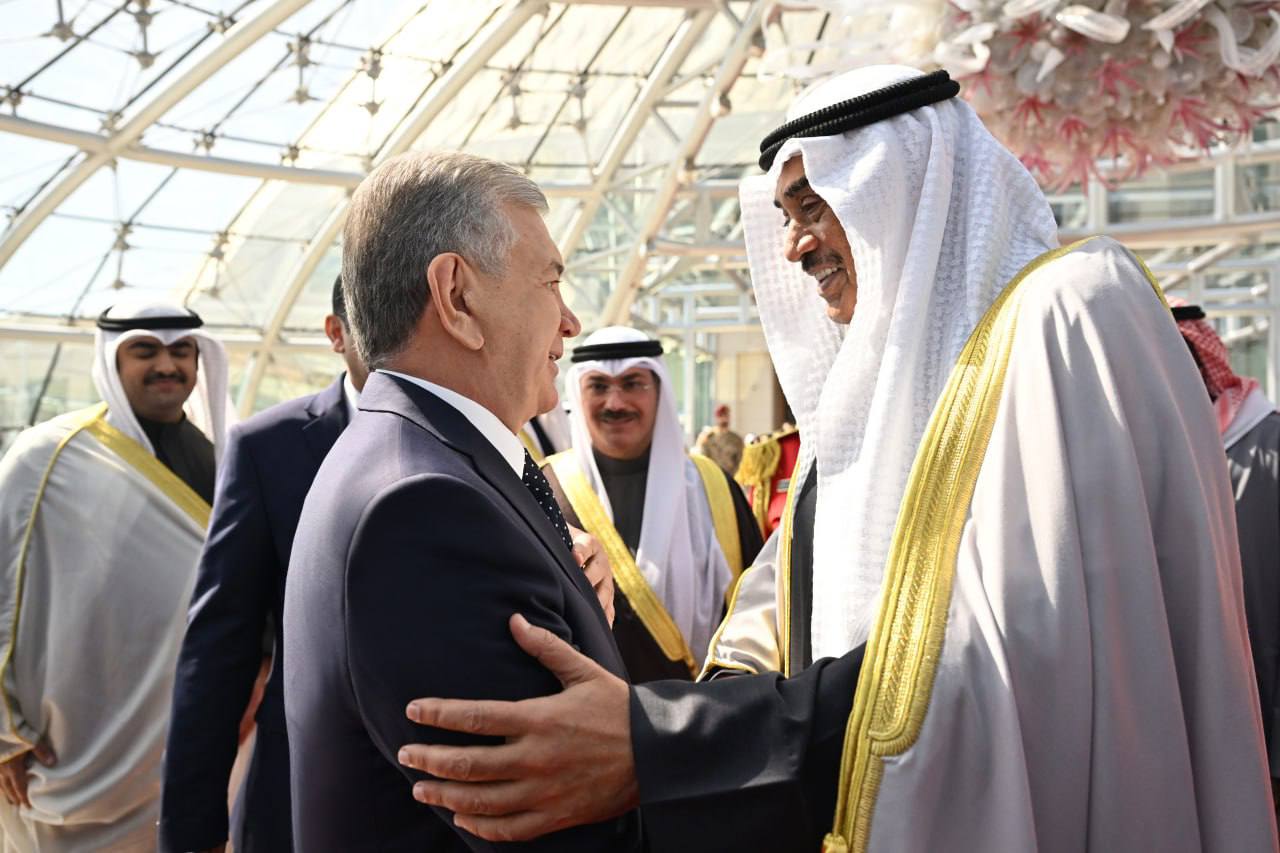Uzbekistan is launching a large-scale program to create a new generation of elite managers who will occupy key positions in state and regional administration. As part of this initiative, 100 young professionals will receive in-depth training under the Leaders of the Future program every year.
Over the past seven years, there has been a noticeable rejuvenation of personnel in the management system: the share of managers under the age of 40 has increased from 37% to 65%. This indicates a purposeful policy aimed at updating and modernizing the state apparatus. The authorities rely on ambitious and qualified young people with leadership potential.
The President of the country stressed the importance of training a new management generation capable of implementing the concept of "the state is at the service of the people". In June, a decree was signed providing for the launch of a comprehensive system for training promising personnel. The central element of the initiative was the educational program "Leaders of the Future", implemented on the basis of the Academy of Public Administration.
100 participants of the program will be selected, after which they will be attached to the current ministers and heads of regions (khokims) for a two-month internship. During this time, young specialists will gain practical skills in working in the public administration system. The next stage is an international internship for one month. Based on the results of the training, graduates will receive the status of priority candidates for leadership positions.
In parallel with this direction, the National Personnel Reserve is being formed. According to the decree of June 19, 100 talented managers will be selected every two years as part of the TOP-100 voluntary program. The program is open not only to active civil servants, but also to representatives of the business and public sector, including compatriots living abroad.
Candidates are evaluated according to a number of criteria: intellectual potential, organizational and managerial abilities, leadership qualities, and patriotic motivation. The winners receive the status of priority candidates for managerial positions in national and local authorities.
As a result of these initiatives, a stable talent pool will be formed: at least 500 people - for leadership positions in republican bodies, and at least 1000 — for the regional level.
An additional element of the personnel reform will be a pool of potential cadres from the number of mahalla chairmen, assistant khokims, activists, social workers and tax inspectors who have shown outstanding results in their work over the past two years. They will be able to apply for senior positions without passing a competition, based on the recommendations of the Civil Service Development Agency.
The state intends to strengthen the management vertical not only through rejuvenation, but also by improving the quality of training of new leaders who are able to adapt to modern challenges and effectively manage in the context of reforms.











